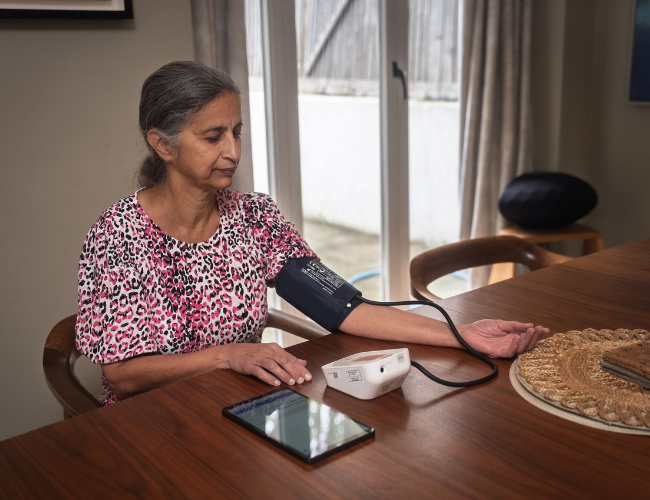The new guideline advises healthcare professionals and social service workers to ask about gambling in various situations. This includes appointments related to depression, anxiety, self-harm, suicidal thoughts, or potential addictions such as alcohol or drug dependence. These groups may be at higher risk of gambling-related harm. NICE recommends identifying these risks as early as possible.
The guidance recommends that patients should be encouraged to assess the severity of their gambling-related harms by completing a questionnaire available on the NHS website. This is based on the Problem Gambling Severity Index (PGSI), a standardised measure for at-risk behaviour. A score of 8 or above indicates that they should seek support and treatment from a specialist gambling treatment service, while those with lower scores may also benefit from available support.
It recommends using a tailored approach to meet the needs of each person, which could include providing them with access to vocation-specific services, such as veterans' groups, or that take account of their ethnic background and religion. Treatments for gambling-related harms should also be provided in separate locations from services for alcohol or substance dependence.
The guidance recommends healthcare professionals consider involving a partner, family member or other person close to the person experiencing gambling-related harms in their treatment, if that is what they both want.
Dr Claire Fuller, national clinical director for primary care, said: ‘We welcome NICE's decision as gambling can have a massive impact on people's lives and the lives of the people that care for them, and as healthcare professionals, we need the right tools to help tackle gambling-related harms.'
Minister for gambling, Baroness Twycross, added: ‘We know that clinical treatment is not necessarily right for everyone, but it is important that there is a full spectrum of support as we strengthen treatment options.'
NHS England has opened 15 gambling clinics across the country since 2019 – seven of which opened in 2024. These clinics are expected to see 3,000 people a year. All specialist clinics are fully NHS-commissioned and funded.
Read the full Gambling-related harms: identification, assessment and management clinical guideline.



